Privacy
Filter by...
-
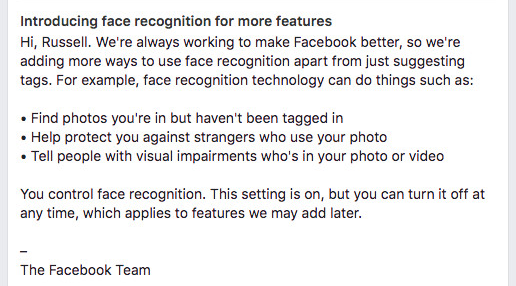
The art of dodging questions – Facebook’s privacy policies
Remember in April 2018, after the Cambridge Analytica scandal broke, we sent a series of 13 questions to Facebook about their users’ data exploitation policy. Months later, Facebook got back to us with answers. Here is a critical analysis of their response. Recognising people’s face without biometric data? The first questions (1a and 1b) related […]
Read more
-
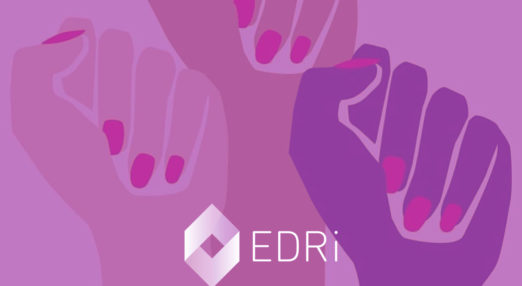
Women’s rights online: tips for a safer digital life
The internet is an incredible tool and has empowered women to speak up, react and organise to face patriarchy and oppression. But the internet is not a neutral place – sexist, racist, homophobic and other violent types of behaviour and content are disproportionately affecting women. This International Women’s Day, we would like to celebrate positive […]
Read more
-

EDRi’s Press Review 2018
During the past year, our work to defend citizens’ rights and freedoms online has gained an impressive visibility – we counted more than three hundred mentions! – in European and international media. Below, you can find our press review 2018. JANUARY 01/01 EU i linedans mellem desinformation og censur (Mandag Morgen)10/01 Does Software Piracy Hurt Sales? […]
Read more
-
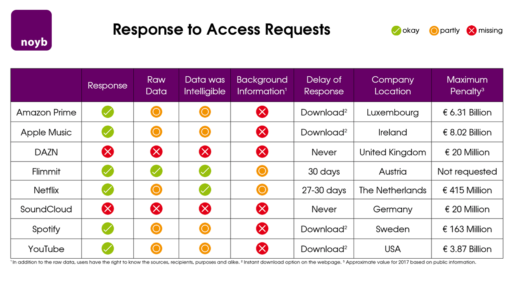
noyb files eight strategic complaints on “right to access”
A test by EDRi member noyb, a European non-profit organisation for privacy enforcement, shows structural violations of most streaming services. In more than ten test cases noyb was able to identify violations of Article 15 of the General Data Protection Regulation (GDPR) in many shapes and forms by companies like Amazon, Apple, DAZN, Spotify or […]
Read more
-

Period tracker apps – where does your data end up?
More and more women use a period tracker: an app that keeps track of your menstrual cycle. However, these apps do not always treat the intimate data that you share with them carefully. An app that notifies you when to expect your period or when you are fertile can be useful, for example to predict […]
Read more
-
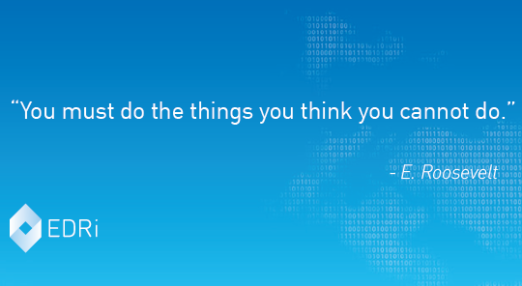
2019: Important consultations for your Digital Rights!
Public consultations are an opportunity to influence future legislation at an early stage, in the European Union and beyond. They are your opportunity to help shaping a brighter future for digital rights, such as your right to a private life, data protection, or your freedom of opinion and expression.
Read more
-
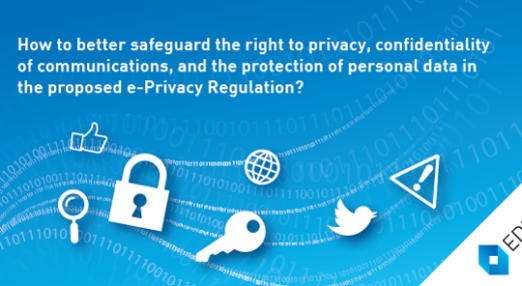
Civil society calls Council to adopt ePrivacy now
EDRi has joined a letter of 30 representatives from civil society and online industry, to the Ministers in the Telecoms Council, to express the wide support for the ePrivacy Regulation. The letter describes the clear and urgent need to strengthen privacy and security of electronic communications in the online environment, especially in the wake of […]
Read more
-
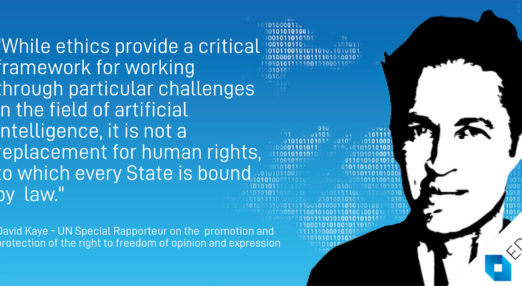
UN Special Rapporteur analyses AI’s impact on human rights
In October 2018, the United Nations (UN) Special Rapporteur for the promotion and protection of the right to freedom of opinion and expression, David Kaye, released his report on the implications of artificial intelligence (AI) technologies for human rights. The report was submitted to the UN General Assembly on 29 August 2018 but has only been published recently.
Read more
-
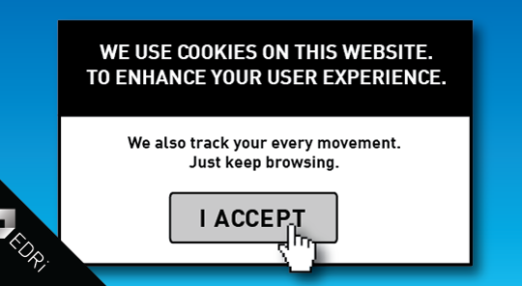
ePrivacy: Public benefit or private surveillance?
92 weeks after the proposal was published, the EU is still waiting for an ePrivacy Regulation. The Regulation is supposed to replace the current ePrivacy Directive, aligning it with the General Data Protection Regulation (GDPR).
Read more
-

Council continues limbo dance with the ePrivacy standards
It's been six-hundred-fifty-two days since the European Commission launched its proposal for an ePrivacy Regulation. The European Parliament took a strong stance towards the proposal when it adopted its position a year ago, but the Council of the European Union is still only taking baby steps towards finding its position.
Read more
-
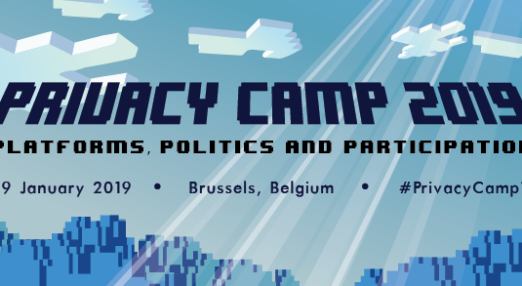
#PrivacyCamp19 – Save the Date and Call for Panel Proposals
Join us for the 7th annual Privacy Camp! Privacy Camp will take place on 29 January 2019 in Brussels, Belgium, just before the start of the CPDP conference. Privacy Camp brings together civil society, policy-makers and academia to discuss existing and looming problems for human rights in the digital environment.
Read more
-

Anatomy of an AI system – from the Earth’s crust to our homes
The Internet of Things (IoT) and the numerous devices that surround us and let us get through our daily routine with more convenience are becoming more advanced.
Read more
